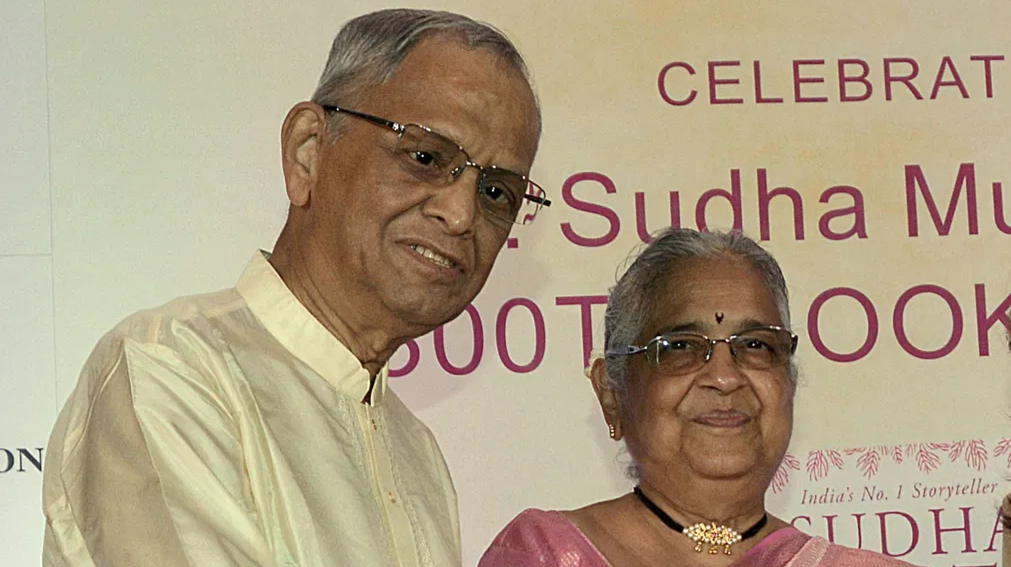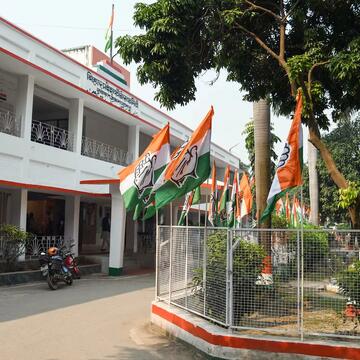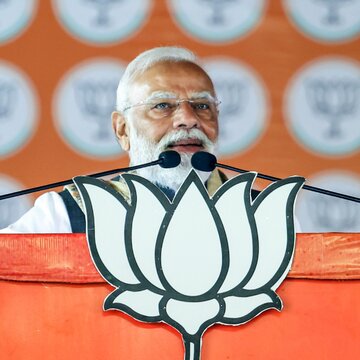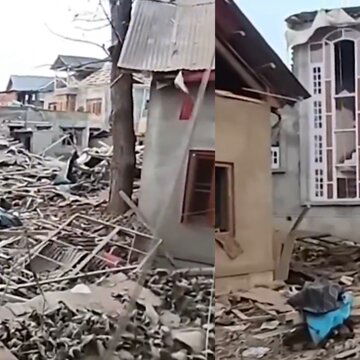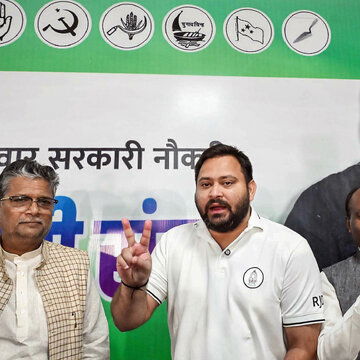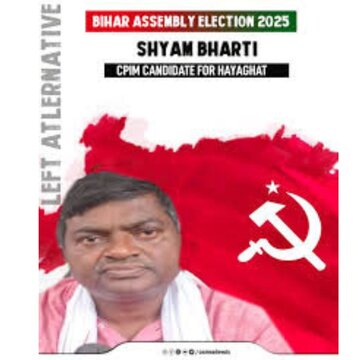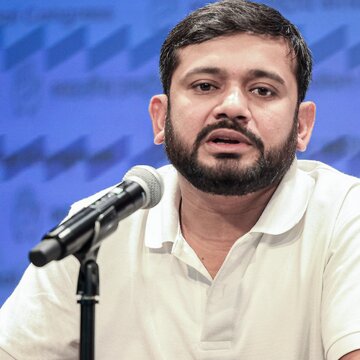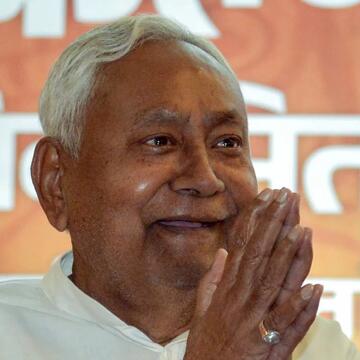Infosys founder N.R. Narayana Murthy and author-philanthropist Sudha Murty have opted out of the ongoing Social and Educational Survey being conducted by the Karnataka State Backward Classes Commission, saying they do not belong to any backward community.
According to officials in the Bruhat Bengaluru Mahanagara Palike (BBMP), enumerators visited the Murthy residence a few days ago for data collection. However, the couple politely declined to participate. “We don’t want the survey conducted at our home,” they reportedly told officials.
Sudha Murty’s written declaration
As per a report of The Hindu, Sudha Murty signed a self-declaration form refusing to share details for the survey. On the pro forma issued by the Backward Classes Commission, she wrote in Kannada:
“We do not belong to any backward community. Hence, we will not participate in a government-conducted survey meant for such groups.”
The declaration, according to officials, was submitted formally to the enumerating officer. As reported by The Hindu and The Times of India, Murty returned the form after signing it and writing her note in her own handwriting. Repeated attempts to contact Murty or her office for comment remained unanswered. Infosys officials also did not respond to calls and messages seeking clarification.
Voluntary participation and public debate
The statewide socio-economic and educational survey, which began on September 22, was initially slated to end on October 7, but has now been extended till October 18. Officials said participation in the exercise is voluntary, not mandatory.
The survey aims to collect data to understand the socio-economic conditions of various communities and guide welfare distribution. However, the Murthy couple’s decision, given their stature as one of India’s most respected families has sparked discussion on individual choice versus social classification in India.
Deputy Chief Minister D.K. Shivakumar, when asked about the survey schedule, said the exercise would continue as planned and assured that academic losses from teachers’ participation would be compensated through extra classes.


